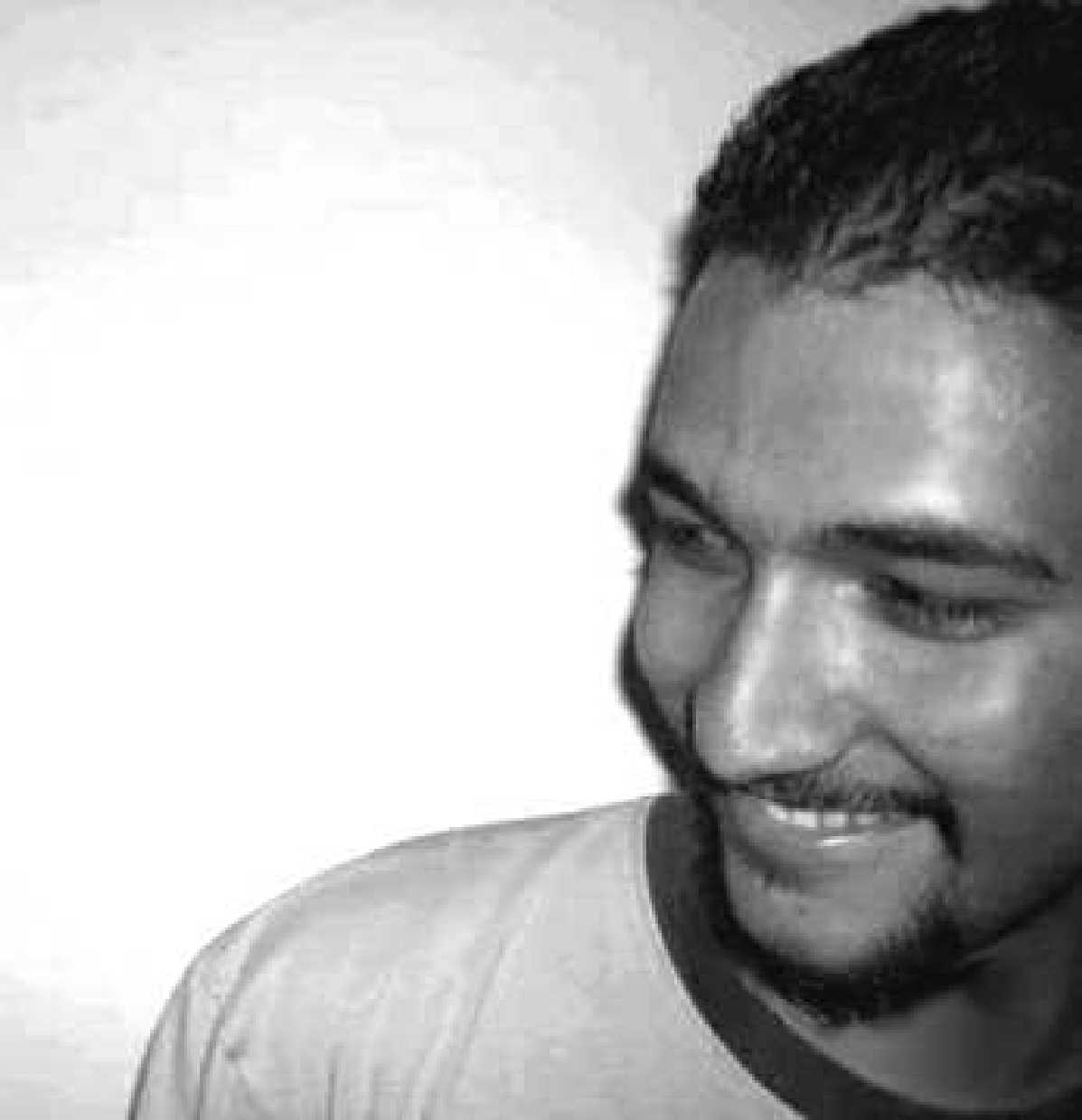 Ruins of the Crash Ruins of the Crash
Let's imagine a horrible scene: what if women start to wear 1980s jackets with padded
shoulders again? No! No, this is way too horrible to imagine! Let's pick something more
tolerable… A railway crash for example…
If the souls of different decades of recent history are to be the different cars of a
train, it seems like we've crashed into a very strong wall where all of the cars are
compressed together, and there's no chronological order anymore. You can sit in a 50s
style coffee shop while listening to Indian music that is 7 centuries old from an already
dead singer, sipping your coffee from a 18th century style mug. You might look out of the
window and see a revised edition of the Volkswagen Beetle (1938) parking by a revised
edition of the Mini Cooper (1961). There might even be some masks from African tribes hung
on the walls of the coffee shop next to the re-production of a 5th century Chinese
drawing. This is 2006, or, if you like, "the non-existent present time," as I
call it.
Remember the different clothing styles that emerged in 20th century from the 1920s women
in loose dresses to the mini skirt trend of the 1960s? From the longhaired men of the 70s
wearing patched jackets to the extremely tight jeans combined with sweaters and white
tennis shoes in the 80s?
When compared to the cool and suave styles of the previous decades, it looks as if people
were unconsciously expressing their panic throughout the 1980s. They were meaninglessly
over-using some elements or trying to combine irrelevant things for no reason. Skirts had
huge buttons; belts had huge clasps. Women wore aerobic tights during the day. Every song
had synthesizer partitions regardless of the genre. People were dancing like robots,
painting themselves silver. They probably felt the train was about to crash into the wall
but they were helpless. When it crashed, we entered the 1990s: no style or character.
Complete amorphousness.
Hence, it would be interesting to ask whether our train crashed into the Berlin Wall and
destroyed it in 1989. The Chernobyl Disaster in 1986 brought the realization of the
possibility of losing your life regardless of any "evil" enemy. The fall of the
Berlin Wall in 1989 brought the destruction of the existing definitions and conceptions
about the world and in 1990 the World Wide Web came online giving birth to a substitute
for reality. And the fall of the Soviet Union in 1991 led to global shock as "game
over" blinked on the global screen. These may all be taken as symbols of the end of
the known order. If the ability to attribute different styles to different dates is a sign
of order, the end of aesthetic order can be placed around 1990*.
It is not that hard to decide when the Amorphous Decade (1990s) ended and the Chaotic
Decade (with no negative attributions to the term “Chaotic”) began if you know when
the World Trade Center fell. My dubbing this decade "chaotic" has no direct
relation with terrorism. The term chaos here stands for the loss of meaningful limits. In
the Chaotic Decade, for instance, two high school students can buy rifles via Internet and
shoot their schoolmates. If they are not mad enough, they can shoot their virtual friends
online. In this decade, people blow themselves up in the middle of a western metropolis. A
"communist" country takes its place in the global market. And the world's only
super power is nearly 10 trillion dollars in debt. Everything is possible. And nothing is
questioned as long as Angelina Jolie and Brad Pitt's little baby is healthy.
We crashed into the wall, and the ruins of the train are telescoped together. Will the
Chaotic Decade turn into the Chaotic Century? Or will we regain our 'rationale' back? We
will see…
*This is why I find it very interesting that there is a book called "Chaos/Xaoc:
Soviet-American Perspectives on Non-Linear Science" published exactly in 1990.
Ýsmail O. Postalcýoðlu
(POLS/IV)
ismail_orhan@yahoo.com
 |







